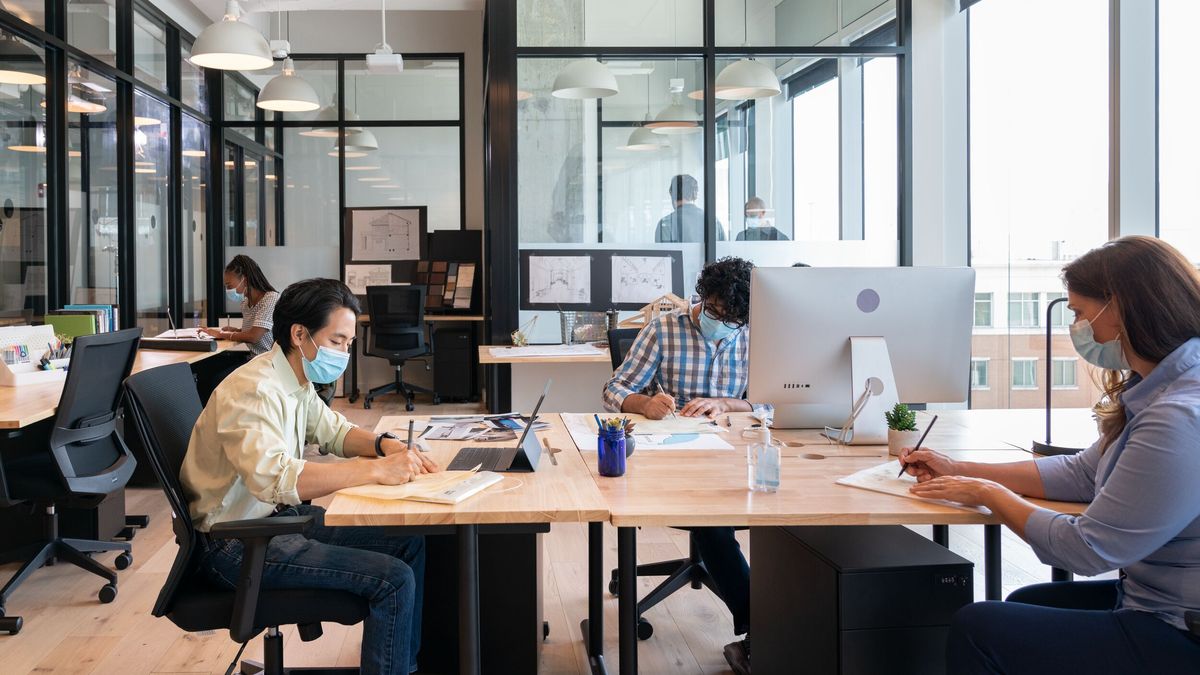A recently released ManpowerGroup study reveals that 1 in 3 local leaders say they feel “burn out”At work, they are anxious and stressed, as a result of the context of the pandemic. Both leaders and collaborators feel the work pressure, and that is why in our company we seek to target the generation of jobs with more humane treatment conditions, with the aim that everyone is able to recognize each other symptoms of depression , including excessive sadness, hopelessness, loss of interest in activities, appetite, or sleep disturbances.
As we think beyond the pandemic, it will be critical that organizations continue to focus on the well-being of their employees. If this crisis taught us anything, it is that these are issues that we cannot afford to ignore; Going back to the old ways of working – long hours, endless commutes and little time for ourselves, will mean that we lost the opportunity to strengthen our culture and make our teams healthier, happier and more productive.
wework2.jpg
In this sense, there is an element that all companies should think about, especially at this time when we have to reorganize our return models: office design, flexibility and how these can improve our general well-being. As a true believer and enthusiast of flexible spaces, I see huge benefits of incorporating these concepts as important pillars of our wellness strategy:
- Office design, flexible and inspiring spaces: We are a product of our environment. The workplace has been redefined as a hub for collaboration and productivity, and its design must evolve to support this change by striking a balance between focus and collaboration, enhancing the experience and well-being of employees. The pandemic has presented business leaders with a unique opportunity to think about office space in a new way. I am sure that companies that understand that this is important for well-being will have a clear advantage in the future in the short term.
- The future of work is flexible: Many companies are returning to the offices in a hybrid way, which exists when they allow their collaborators to work remotely, in person or divide their time between the two. The relevant concept is the possibility for employees to freely choose where and when to do their best work. When they are trusted in this way, they feel happier and perform at their best.
While each company has its own reasons for transitioning to this new way of working, there is one thing we can all agree on: The hybrid workplace prioritizes the employee experience and overall well-being. An important part of this comes from listening to our people and acting with empathy. Now more than ever we yearn for connection, social closeness, and meaningful face-to-face conversations. It is our responsibility to provide a safe environment for these interactions to occur; Ultimately, these relationships lead to better collaboration, communication, and trust within the company.
People Partner Manager of Argentina and Chile at WeWork.




